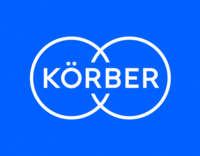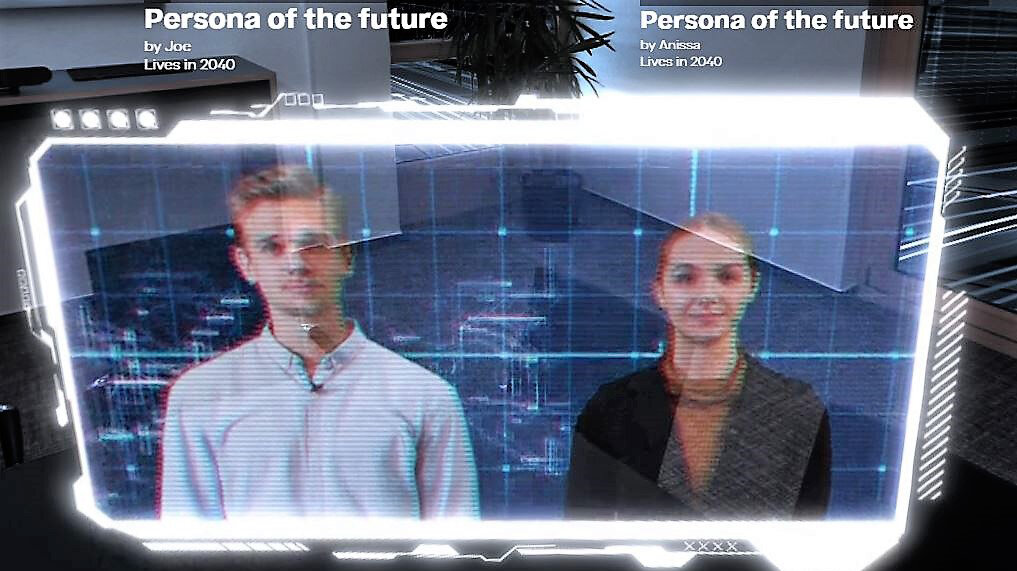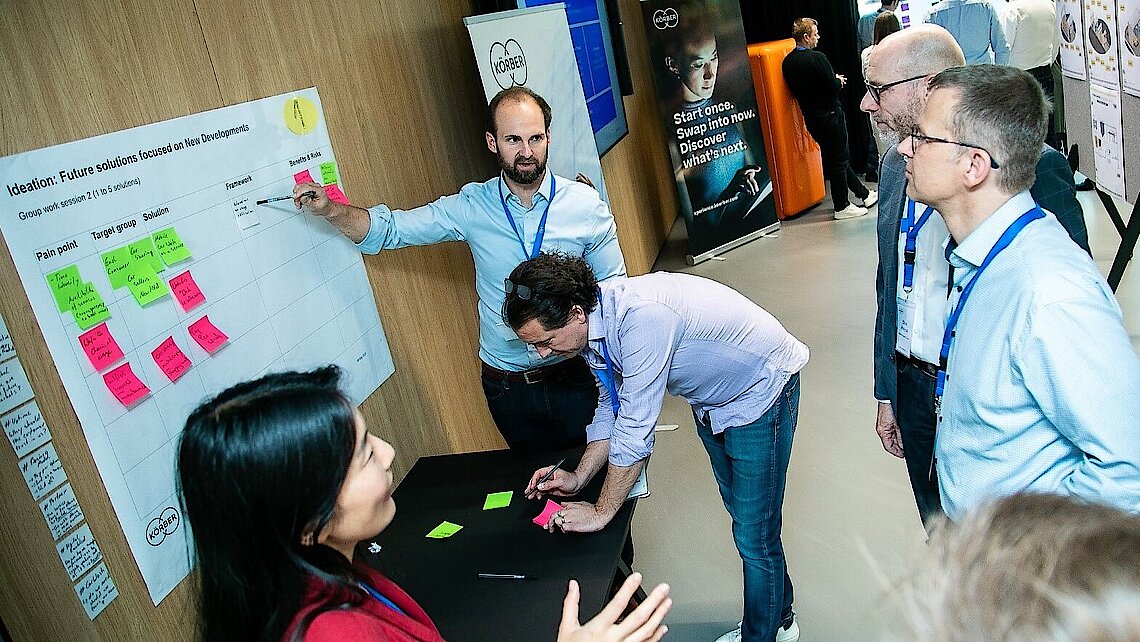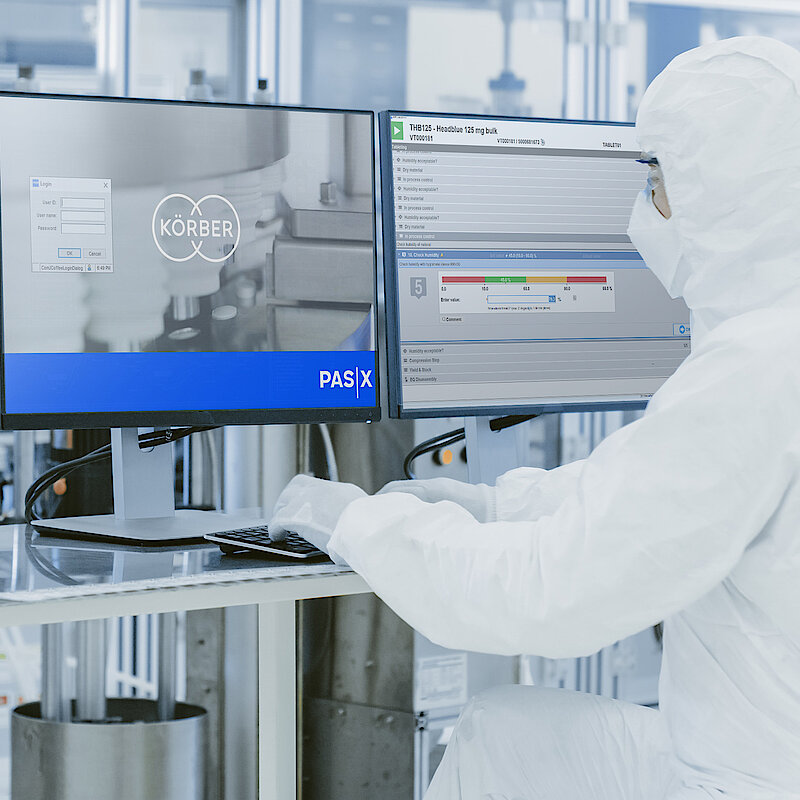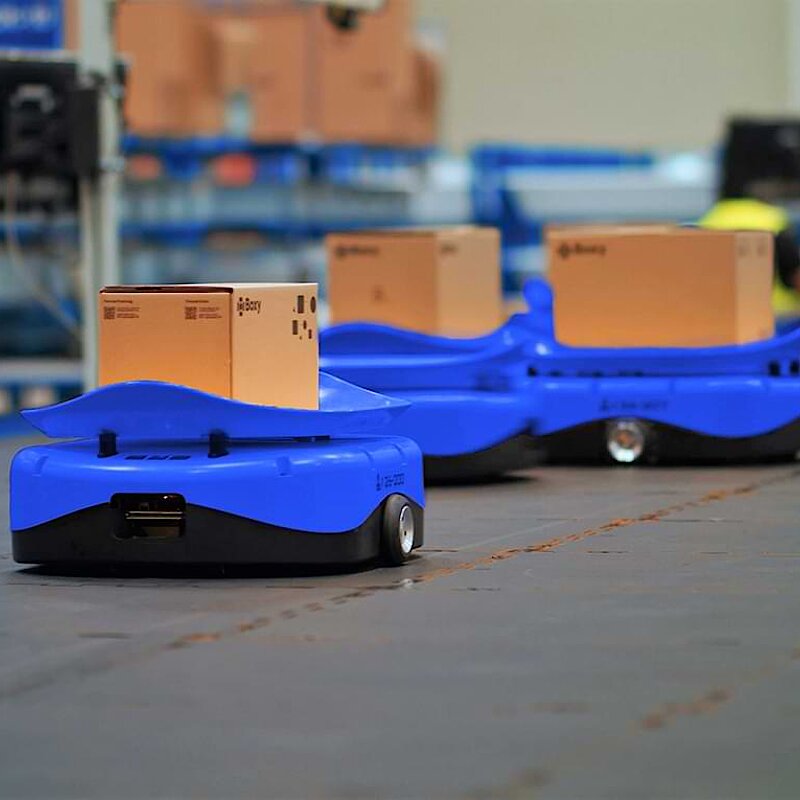Product development based on futurology
As a global technology group with market-leading positions in numerous sectors, Körber wants to help shape this future - especially in the four Business Areas in which the company is active: Digital, Pharma, Supply Chain and Technologies. This requires more than just foresight. "For us, it's crucial to identify technological solutions trends that will benefit customers so that we can derive concrete applications that do not yet exist on the market in this form," says Jürgen Dick. "Then there is the question of what products, goods, and commodities our customers in the various industries will need in the future. And: what a company like Körber has to do today to meet its customers' needs and requirements in 20 years."
Scenarios like Joe and Anissa's help. They are based on research into the influences of megatrends, which describe highly complex dynamics of change. They draw on research from universities, futurologists, and renowned consulting firms. But they are also based on the analysis of developments and changes that are already happening elsewhere. For that, broadening one's horizons and looking at the world from perspectives other than one's own is essential. Or as Jürgen Dick puts it: "If you only ever look at the sky through your own window, you won't know whether the sun is already shining somewhere else, or whether dark clouds are already gathering over the horizon."
So, Anissa is set in Indonesia for a reason. The current capital, Jakarta, is subsiding by 20 centimeters a year. By the middle of the century, the entire northern part of the metropolis could be flooded. That's why Nusantara, a futuristic smart city where nature meets hi-tech, is under construction on the island of Borneo. "This scenario illustrates the impact of digital and technological disruption, but also the impact of other megatrends such as urbanization, neo-ecology, health, or demographic and geographic change," says Dick.



